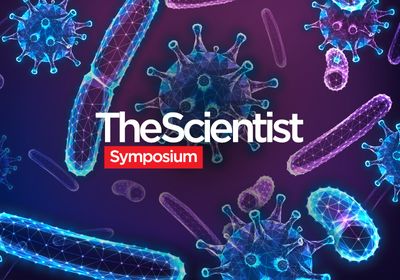ABOVE: © ISTOCK.COM, MAXIMAGES
Many mild, adverse reactions to the COVID-19 vaccine, such as headaches and fatigue, could be attributed to a negative version of the placebo effect, a group of researchers suggests.
In a study published today (January 18) in JAMA Network Open, scientists found that, in placebo-controlled COVID-19 clinical trials, 35 percent of placebo recipients reported adverse side effects compared to 46 percent of vaccine recipients after one vaccine dose. After two doses, 32 percent of placebo recipients reported side effects compared to 61 percent of vaccine recipients. For placebo recipients, headache, fatigue, and arm pain were the most common side effects reported.
The placebo effect typically refers to beneficial effects of a drug that derive from the recipient’s expectations of its effects rather than its biochemistry. The effect can also work in reverse, causing adverse effects comparable to known effects, a phenomenon called the “nocebo” effect.
See “Worried Sick”
In the new study, researchers at the Beth Israel Deaconess Medical Center (BIDMC) aggregated data from 12 clinical trials on a variety of COVID vaccines, comparing the prevalence of both systemic side effects such as fever, headache, or fatigue and local effects such as pain and swelling at the injection site between vaccine recipients and those who got saline shots as a placebo. They found that vaccine recipients were more likely to experience both systemic and local side effects than placebo recipients. This was especially the case after the second dose, where the difference in systemic side effects was two-fold. However, they found that 76 percent of systemic side effects following the first dose and 52 percent of systemic side effects following the second dose could be attributed to the nocebo effect.
The findings suggest that vaccine components may not be causing many of the seemingly pervasive side effects associated with COVID-19 vaccine jabs. The researchers write in their paper that anxiety, worry, expectation, and misattributing other illnesses or sensations to the vaccine may instead be the cause in some cases.
“Nonspecific symptoms like headache and fatigue—which we have shown to be particularly nocebo sensitive—are listed among the most common adverse reactions following COVID-19 vaccination in many information leaflets,” says senior author Ted Kaptchuk, who studies global health and social medicine at Harvard Medical School, in a BIDMC news release. “Evidence suggests that this sort of information may cause people to misattribute common daily background sensations as arising from the vaccine or cause anxiety and worry that make people hyper alert to bodily feelings about adverse events.”
The researchers argue that informing the public about the nocebo effect of COVID-19 vaccines is critical, as it may decrease vaccine hesitancy that stems from concern about potential side effects.
“Collecting systematic evidence regarding these nocebo responses in vaccine trials is important for COVID-19 vaccination worldwide, especially because concern about side effects is reported to be a reason for vaccine hesitancy,” explains lead author Julia Haas, a clinical psychologist who studies the placebo effect in mental health and psychosomatic conditions, in the BIDMC news release.
Despite the potential for the nocebo effect, Kaptchuk stresses that it is ethically necessary to inform participants, the public, and patients about the side effects of any treatment. “Most researchers argue that patients should be told less about side-effects to reduce their anxiety,” he tells The Guardian. “I think this is wrong. Honesty is the way to go.”






